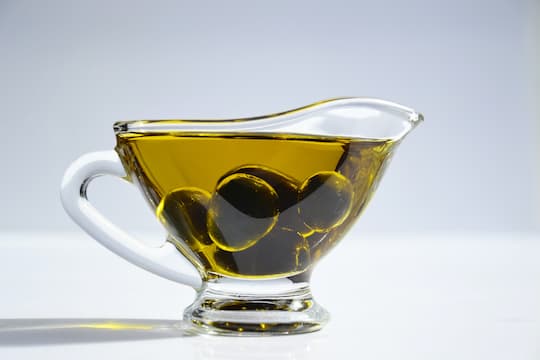A diet enriched with this oil can lower the levels of bad cholesterol, study has found.
A high-fat diet rich in cottonseed oil can improve cholesterol levels within a 5-day period, research finds.
The study examined the effect of a diet enriched with cottonseed oil or olive oil on lipid profiles (cholesterol and triglycerides levels) in adult men.
These subjects were between 18 and 45 years old and they consumed either a cottonseed oil-rich diet or an olive oil-rich diet for five days.
Cottonseed oil consumption appeared to have a great effect on lipid profiles, but olive oil had no effect at all.
A 15 percent reduction in low-density lipoprotein or LDL (the bad cholesterol) was one of the outcomes of the cottonseed oil diet.
Also, the total cholesterol level was decreased by 8 percent and triglyceride levels dropped down 30 percent.
After just 5 days on a cottonseed oil-rich diet, the level of high-density lipoprotein or HDL (the good cholesterol) was increased by 8 percent.
Dr Jamie Cooper, study co-author, said:
“One of the reasons these results were so surprising is because of the magnitude of change observed with the cottonseed oil diet.
To see this amount of change in such a short period of time is exciting.”
The meals for both 5-day diets were prepared by research personnel ensuring 44 percent of total energy came from cottonseed oil or olive oil.
The meals were a high-fat liquid shake which consisted of 15 percent protein, 35 percent carbohydrates, and 50 percent fat.
The liquid meals contained whey chocolate protein, milk, chocolate syrup, and added oil (either cottonseed oil or olive oil).
The study suggests that dihydrosterculic acid, which is a fatty acid unique to cottonseed oil, is the key because it stops triglycerides building up in the body.
Triglycerides are a type of fat and accumulation of them in the blood vessels may cause heart attacks and strokes.
A high triglyceride level in combination with a high amount of bad cholesterol or low amount of good cholesterol in the blood will increase the risk of heart disease.
Dr Cooper said:
“By doing that, it pushes the body to burn more of that fat because it can’t store it properly, so you have less lipid and cholesterol accumulation.”
The study was published in Nutrition Research (Polley et al., 2018).

